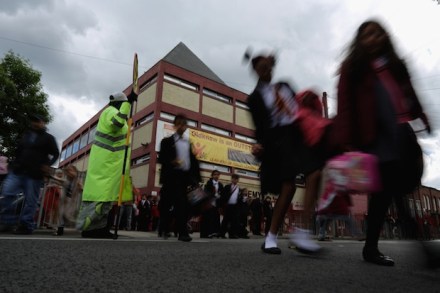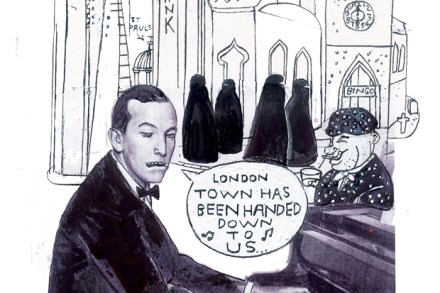Podcast: the betrayal of British Muslims and the new Iraq war
Do we need to take more action to tackle the Islamist threat in British schools? On this week’s View from 22 podcast, The Spectator’s Douglas Murray and Matthew Parris debate this week’s cover feature on whether the Birmingham ‘Trojan Horse plot’ is the results of years of weak policy and inaction. Should we wait until there is more concrete proof before taking drastic actions? Is the promotion of British values the right solution, and how can the government go about defining and teaching these values? James Forsyth and Isabel Hardman also discuss how the West Lothian Question will be addressed at the next election. Where do all of the parties


















